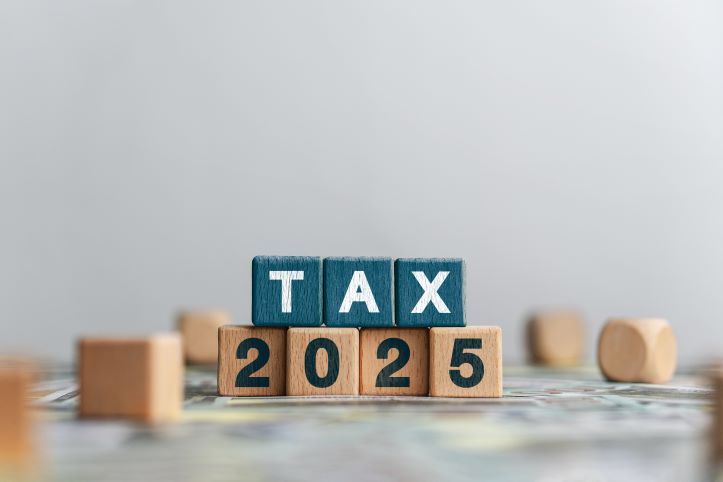Article
Belgium: 2025 VAT Updates
Date of publication : 20.12.24

New VAT Rules in Belgium for 2025: EU Guidelines on Small Businesses and Virtual Events Effective January 1st.
The legal texts primarily aim to transpose Directive (EU) 2020/285 of 18 February 2020 regarding the special scheme for small enterprises, as well as Directive (EU) 2022/542 of 5 April 2022 concerning the taxation rules for virtually provided events and VAT rates.
These new provisions will take effect on 1 January 2025.
What are the announced changes?
1 / VAT Exemption: Cross-border Scope
The new provisions focus on the scheme applicable to small businesses (Exemption Scheme).
The new cross-border exemption scheme, effective in 2025, allows taxable persons established in an EU Member State to benefit from the Exemption Scheme in other EU Member States (a possibility not available until now).
Under what conditions?
- The taxable person’s annual turnover within the European Union (including Belgian turnover) must not exceed €100,000.
- The taxable person meeting this condition must also verify the applicable national exemption threshold in the target country. Their annual turnover in that Member State must not exceed the national exemption threshold set by that country.
- The taxable person must notify their country’s VAT Administration of their intention to benefit from the exemption scheme in another Member State. Additionally, they must declare the turnover achieved in each Member State on a quarterly basis.
Furthermore, this draft law introduces the possibility for small European businesses not established in Belgium to access Belgium’s national exemption scheme:
Under what conditions?
- The taxable person’s annual turnover achieved in Belgium must not exceed the threshold of €25,000.
- The taxable person’s total annual turnover within the European Union must not exceed the cross-border threshold of €100,000.
- The taxable person must notify the Member State in which they are established of their intention to benefit from the exemption scheme in Belgium beforehand.
2 / VAT Localization of Virtual Events
Access to cultural, artistic, sporting, scientific, educational, entertainment, or similar events is currently taxed at the location where the events physically take place.
Starting 1 January 2025, virtual events will be taxed at the place of establishment or residence of the participants, whether they are professionals (B2B) or private individuals (B2C).
For non-taxable participants (B2C), the taxable person will have two options:
- Register for VAT in each Member State where participants reside to declare, and remit collected VAT to the respective VAT authorities.
- Declare these transactions using the OSS system.
3 / Reform of the VAT Scheme on Works of Art: Impact on the Margin Scheme
From 1 January 2025, it will no longer be possible to apply the special margin scheme to works of art when these items have been imported or purchased at a reduced VAT rate.
Need Assistance?
The In Extenso Belux team is at your disposal to assess the impact of these updates on your business sector. We will keep you informed of any developments in the content of these legal texts.
Source: Laws transposing Directive (EU) 2020/285 of 18 February 2020 regarding the special scheme for small enterprises, as well as Directive (EU) 2022/542 of 5 April 2022 concerning the taxation rules for virtually provided events and VAT rates.
About the author

Jannick Choffray
Manager of the Compliance Department
Jannick has a law degree from the University of Liège. She began her career as a lawyer with our group in 2002, specialising in VAT (mainly Belgian and Luxembourg) and anti-money laundering and financing of terrorism (AML/FT) legislation. She assists Belgian and Luxembourg entrepreneurs and accountancy teams with the intricacies of VAT rules, as well as with the implementation of professional AML/CFT obligations.





Did you like this article? Do you have a question? Leave a comment